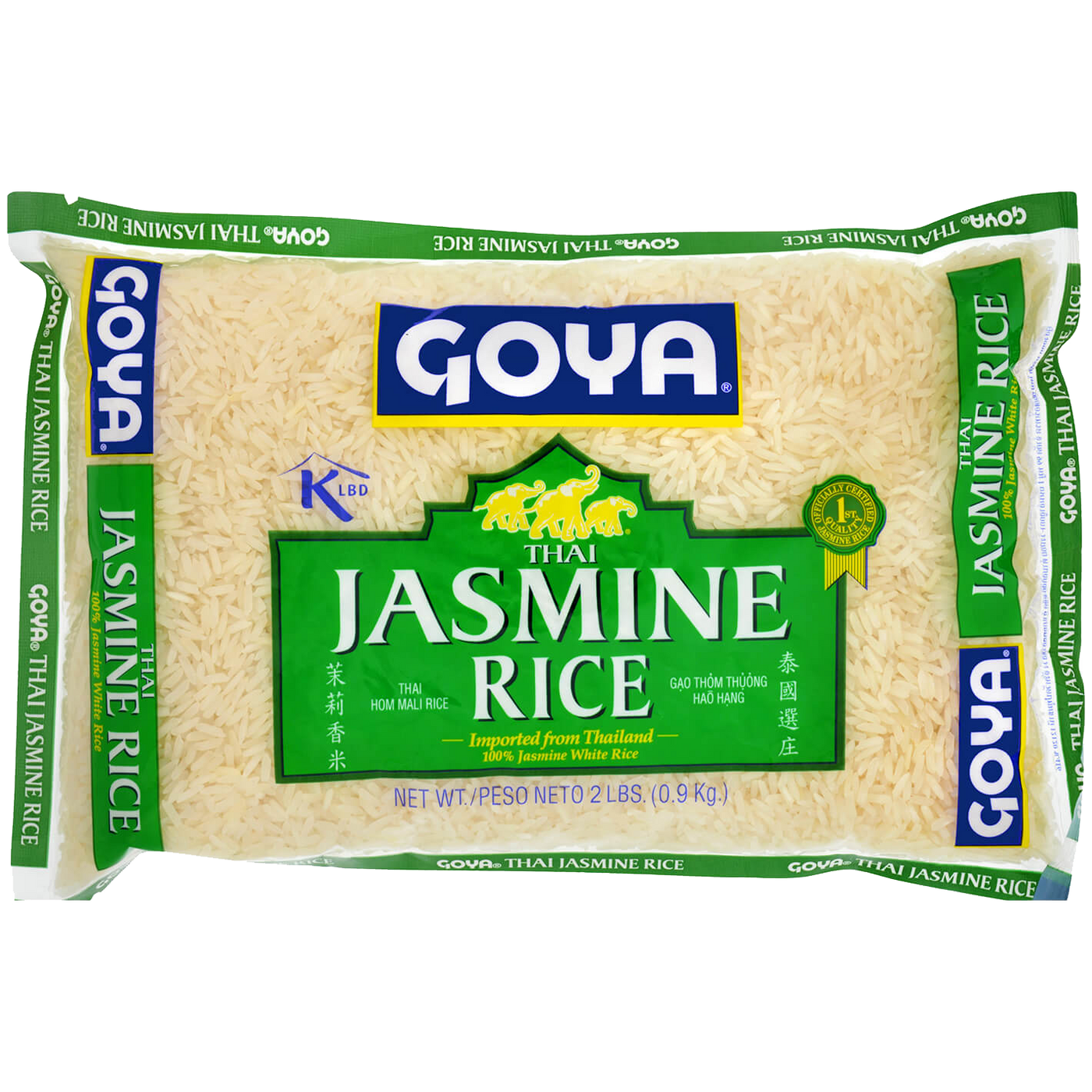
Apply Now


Understanding Menstrual Nausea and Its Causes
Menstrual nausea is a common yet often overlooked symptom that many women experience during their menstrual cycle. Understanding what causes this discomfort is the first step toward finding effective solutions. The hormonal fluctuations that occur during menstruation can lead to a variety of symptoms, including nausea, which may be triggered by rising levels of prostaglandins. These hormones play a crucial role in menstruation and can cause the uterus to contract, leading to both cramps and digestive discomfort. It's essential to recognize the relationship between hormonal changes and nausea to better manage symptoms. Menstrual nausea can manifest in different ways, often accompanied by other common menstrual symptoms such as headaches, cramps, and mood swings. Identifying your personal triggers can be helpful in managing nausea. For some, it may be related to diet or stress levels, while for others, it could be a side effect of hormonal birth control. Consequently, understanding the various factors contributing to period-induced nausea lays the groundwork for effective management strategies. Connecting this understanding of menstrual nausea to potential remedies brings us to the next section, where we will explore various methods to alleviate these symptoms effectively.Effective Period Nausea Relief Techniques
Finding relief from menstrual nausea can be a challenge, but several techniques can help ease discomfort. Each woman’s experience is unique, so it's essential to find the right combination of methods that work for you. One effective strategy is to explore both lifestyle changes and natural remedies aimed at reducing nausea. **Diet to Reduce Menstrual Nausea** Adjusting your diet can play a significant role in alleviating nausea during your period. Avoiding foods that are high in fat and sugar can decrease digestive upset. Instead, focus on consuming lighter meals that are easy on the stomach. Foods rich in magnesium, such as dark leafy greens, nuts, and whole grains, can also help balance hormonal fluctuations and reduce cramps. Additionally, staying well-hydrated by drinking plenty of water can alleviate symptoms and support overall menstrual health. **Herbal Remedies for Nausea on Period** Herbal teas, such as ginger and peppermint, have long been used to soothe stomach discomfort and nausea. Ginger, in particular, is known for its anti-nausea properties and can be consumed in tea form or as ginger capsules. Peppermint tea is excellent for calming the stomach and can provide additional relaxation benefits. Incorporating these natural remedies into your routine could offer significant relief from menstrual nausea. This naturally leads us to explore more hands-on approaches, including lifestyle changes and exercises that can further help manage period symptoms.Lifestyle Changes for Managing Period Symptoms
Implementing lifestyle changes can significantly enhance your ability to cope with period-related nausea and discomfort. Recognizing the importance of rest, exercise, and emotional well-being can create a holistic approach to menstrual health. **Hydration and Its Importance** One crucial aspect of managing nausea is proper hydration. During menstruation, your body may require increased fluids to counteract hormonal fluctuations. Staying hydrated helps maintain energy levels and can prevent the exacerbation of nausea. Aim to drink at least 8-10 glasses of water daily, and consider adding herbal teas which double as a comforting remedy for symptoms. **Exercise to Reduce Period Symptoms** Incorporating regular exercise into your routine can also aid in alleviating menstrual symptoms. Physical activity helps release endorphins, which are natural pain relievers. Gentle activities such as yoga or stretching can be particularly beneficial. Specific poses can help relieve cramps and improve overall mood, making it easier to cope with nausea during this time. Now that we have explored lifestyle changes, let’s discuss when to seek medical help concerning menstrual nausea.When to Seek Help for Menstrual Nausea
While nausea during your period can be normal, it is essential to know when it could indicate a more serious issue. If your symptoms become severe or persistent, it may be time to consult your healthcare provider for further evaluation. Conditions such as endometriosis, fibroids, or hormonal imbalances can cause extreme discomfort and may require medical intervention. **Recognizing Nausea Triggers** Identifying specific triggers can also be a significant first step in managing your symptoms effectively. Keeping a menstrual diary can help you track symptoms and recognize patterns over time. This documentation can be invaluable when discussing symptoms with your healthcare provider to identify any underlying issues that may need addressing. An important aspect of managing menstrual nausea involves understanding your personal health and seeking support when necessary. Before discussing self-care remedies, let’s delve into conventional and alternative treatments for menstrual nausea.Medication and Herbal Remedies for Nausea Relief
When lifestyle adjustments and natural remedies don't provide sufficient relief, you may explore medications specifically designed for menstrual nausea. Over-the-counter remedies can be helpful. Non-steroidal anti-inflammatory drugs (NSAIDs) like ibuprofen can not only help with cramps but may also alleviate nausea by reducing the prostaglandin levels that trigger these symptoms. **Natural Supplements for Hormonal Balance** Additionally, certain natural supplements can assist in hormonal balance and reduce nausea. Omega-3 fatty acids, commonly found in fish oil, are known for their anti-inflammatory properties and can help alleviate menstrual symptoms. Other supplements like vitamin B6 and magnesium can also support hormonal health and contribute to reducing discomfort during your cycle. To provide further insight into self-care techniques, let’s explore useful home remedies that can effectively support your well-being during menstruation, especially regarding nausea.Home Remedies and Natural Cures for Nausea
Many women prefer to utilize home remedies as a means of coping with menstrual nausea. These methods provide natural ways to address discomfort and can be easily integrated into your routine. **Breathing Exercises for Nausea Relief** Practicing breathing exercises or mindfulness techniques can help manage nausea by calming the nervous system. This method encourages relaxation and helps redirect focus away from discomfort. Simply taking a moment to breathe deeply and focus on your breath can be a powerful tool in coping with nausea. **Warm Compress for Comfort** Applying a warm compress to the abdomen can promote relaxation and alleviate cramps, indirectly helping with nausea. Heat therapy has been shown to soothe muscle contractions and can enhance your overall comfort during menstruation. Bringing awareness to dietary choices and supportive practices paves the way for a comprehensive approach to managing period discomfort.Coping Strategies and Support Systems for Menstrual Discomfort
Coping with menstrual nausea is not solely about immediate relief; it also involves creating a supportive environment that nurtures emotional and physical health. Connecting with others, whether through support groups or simply sharing experiences with friends, can provide emotional relief, reducing the stress often associated with menstruation. **Educated Menstrual Health Choices** Being informed about your menstrual cycle and the various symptoms is crucial. Understanding your body and its signals empowers you to make educated decisions about when to seek help or try new remedies. Knowledge can enhance your ability to manage symptoms effectively. **Building Community Support** Lastly, engaging with community resources, whether online forums or local support groups, can provide comfort and shared strategies for coping with menstrual discomfort. Sharing experiences and solutions with others can be a valuable part of the process. Utilizing these strategies fosters resilience and helps alleviate the burden of menstrual symptoms. As we conclude, let’s summarize key takeaways for managing menstrual nausea effectively.Conclusion: Empowering Yourself Against Menstrual Nausea
Menstrual nausea can significantly disrupt daily life, but understanding its causes and exploring a multifaceted approach to relief can empower you to manage symptoms effectively. Implementing dietary changes, incorporating exercise, and being aware of your emotional health can make a substantial difference in your menstrual experience. If you find that natural remedies and lifestyle changes aren’t providing sufficient relief, consulting with a healthcare provider is essential to rule out underlying conditions. Remember, every woman’s experience with menstrual symptoms is unique, and taking proactive steps can lead to enhanced well-being throughout your cycle. Introducing these effective strategies into your self-care routine ensures that you can navigate menstruation with more comfort and confidence.
